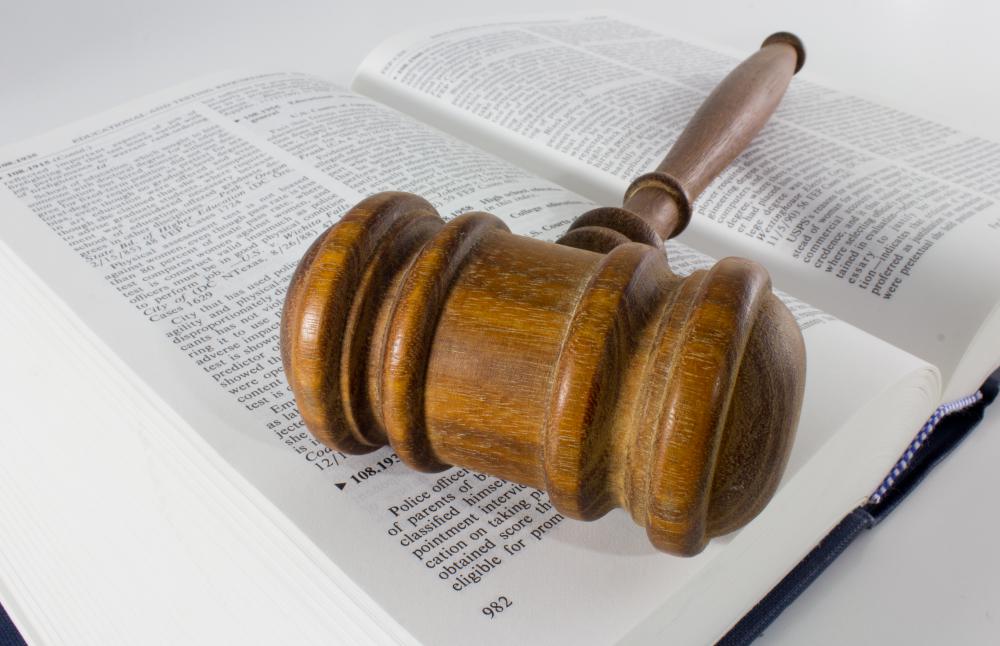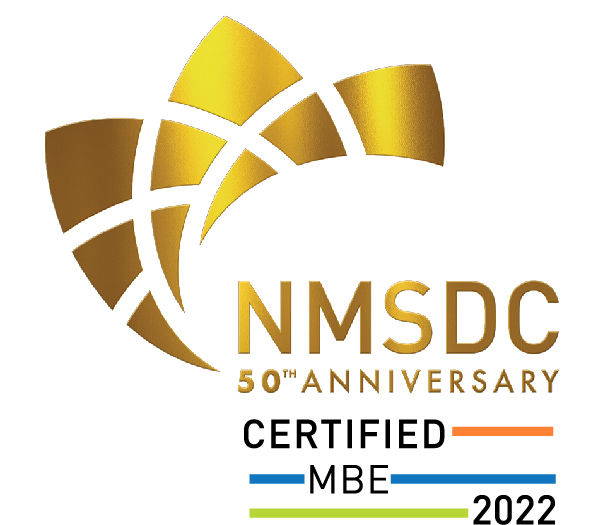In Southern Pine Credit Un. v. Southwest Marine & Gen’l. Ins. Co., et al., 2024 WL 1361891 (M.D. Ga. Mar. 29, 2024), the court addressed the amount of detail that must be in a privilege log.
Southern Pine brought a breach of contract action after its claim on a dishonesty bond was denied. There were five motions to compel.
As to privilege logs: “Defendants provided its Privilege Log to Plaintiff in February of 2023; however, upon review, Plaintiff opines that Defendants are withholding and/or redacting numerous insurance claims under ‘specious assertions of attorney-client privilege and/or attorney work product.’”
The withheld communications were with GRJN which was an “outside counsel” that performed both legal work (privileged) and claims handling (not privileged).
The court wrote:
– “As Plaintiff correctly argues, the party invoking a discovery privilege bears the burden of proving the privilege exists.”
– “The standard for determining the adequacy of a privilege log is whether, as to each document, it sets forth specific facts that, if credited, would suffice to establish each element of the privilege or immunity that is claimed.”
Applying those principles:
– Here, upon review, the Court finds that the Privilege Logs contain vague, conclusory descriptions, such as, “email containing legal advice of counsel regarding requests for documents and information from Southern Pine” or “letter containing legal advice and legal opinion of counsel regarding supplemental coverage opinion concerning Southern Pine’s claim” that make it difficult to determine whether privilege(s) properly apply to those documents.
After a hearing in which plaintiff argued that other billing records show that the outside firm was involved in claims investigation (not privileged) and defendants said that the “the issue of whether a lawyer is providing legal service or investigative service is ‘complex’” and “volunteered to assess the GRJN communications again after the hearing,” the court ruled.
The court found a genuine issue as to whether the materials withheld were privileged and ordered an in camera review.[1]
My view is that the log entries were reasonably detailed; however, the “dual hat” scenario provided a factual question that created a “gray area.”
It is well-established that privilege objections must be specific. Mancia v. Mayflower Textile Servs. Co., 253 F.R.D. 354, 359 (D. Md. 2008); Hall v. Sullivan, 231 F.R.D. 468 (D. Md. 2005). The Sedona Conference has called privilege logging arguably the most burdensome and time consuming part of discovery. The Sedona Conference, Commentary on Protection of Privileged ESI, 17 Sed. Conf. J. 97 (2016); see In Re Diisocyanates Antitrust Litig., No. 18-1001 (W.D. Pa. Feb. 15, 2024); Spilker v. Medtronic, Inc., 2015 WL 1643258 , at *6 (E.D.N.C. Apr. 13, 2015)(“Memo made at direction of counsel and sent to counsel for purpose of seeking legal advice regarding medical procedure” deemed sufficient).
There is plenty of room for debate. In Hon. John M. Facciola & Jonathan M. Redgrave, “Asserting and Challenging Privilege Claims in Modern Litigation: The Facciola-Redgrave Framework,” 4 Fed. Cts. L. Rev. 20, 32 n. 55 (2009), the authors reported on a non-scientific experiment with Judges and attorneys.
The participants were asked to determine whether three typical entries in a privilege log met the requirements of Fed.R.Civ.P. 26(b)(5). The entries were: (1) “Attorney-client privilege”; (2) “Letter providing legal advice”; and, (3) “Letter providing legal advice as to tax consequences of the proposed Smith deal.”
Everyone agreed that the first description was insufficient; however, consensus stopped there. The authors wrote:
– There also should be no surprise that the lawyers thought the second was the most that they would ever put in a privilege log while all of the judges found that the second was insufficient on its face and only the last one was adequate. The consternation arises from the third, which many lawyer-participants felt provided too much information such that there was real risk of privilege waiver; however, the judges were happier with the substantially improved prospects of understanding and ruling upon the privilege claim.
By: Michael Berman
For my thoughts, please see Privilege Logs: New Techniques to Achieve Proportionality – The “Certification Log” (Mar. 4, 2024).
This blog was initially posted on Electronic Discovery Reference Model.
____
[1] The court addressed many other privilege and discovery issues that are not discussed here.








Leave A Comment